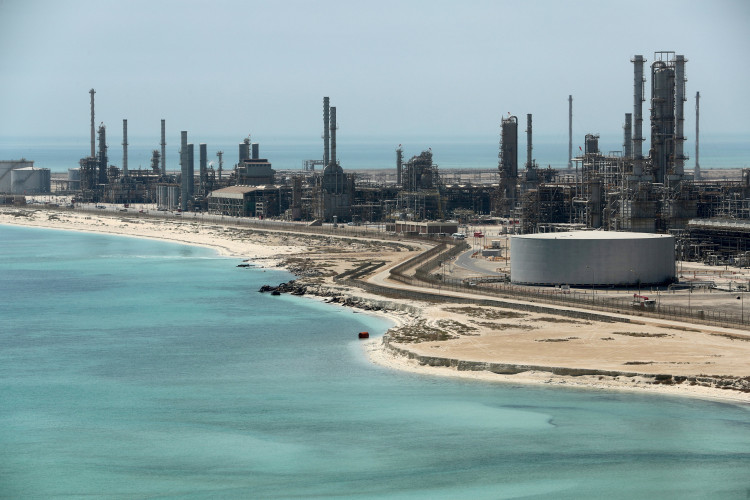Saudi Arabia has invested about $2 billion in Elon Musk's Tesla Inc. following its $3.5 billion venture in Uber Technologies and $45 billion pledge on SoftBank Group Corp.'s technology fund in its bid to diversify its economy away from the oil industry.
The world's biggest oil exporter also has plans of placing $1 billion in Virgin Group's space companies with the vision to support Virgin's human spaceflight and its launch of satellites into orbit. Saudi may also get Virgin's partnership to develop its future entertainment industry which will center on space explorations.
Saudi's various investments in global technology companies are being made on top of its development of the Neom, a $500 billion futuristic city to be constructed in the kingdom's northwest peninsula. The city will be primarily operated by artificial intelligence, connecting each and everyone through "internet of things." The city will also feature a bridge over the Red Sea that will connect Neom to Egypt and to Africa. The city is expected to welcome guests by 2025.
All these billions of dollars of ventures are done under a scheme known as the Vision 2030 pushed primarily by Crown Prince Mohammed bin Salman. Under the scheme, Saudi Arabia will reduce its economy's dependence on oil and instead invest more on public infrastructure, health, education, recreation, and tourism industry. The kingdom is no longer banking on future demands for crude oil.
The International Energy Agency estimates that demand for oil will increase by more than 10 percent to 10.35 million barrels per day by 2040. However, such an increase may only be overpowered by the rise of electric cars, stricter emissions standards, and market shift on other fuel sources according to Bloomberg.
Saudi Arabia may also be feeling immense pressure as tensions among nations that buy oil from the kingdom intensify. Just recently, the United States called for oil suppliers to decrease fuel costs as President Donald Trump plans to impose sanctions on Iran once again. Trump is aiming to cut oil exports from Iran down to zero by November - a move that will result to oil price hike if demands from consumers are not met.
Saudi Arabia agreed to increase its oil supply in June to avoid the crude price hike. The Organization of Petroleum Exporting Countries or OPEC, however, found that the kingdom cutback on its oil production in July according to a separate report from Bloomberg.
OPEC saw that Saudi pumped 10.3 million barrels per day in July while it has produced 10.489 million in June.
Market experts deduced that the kingdom was compelled to lessen its production to avoid oversupply due to lack of buyers. For one, the United States' demand for oil dropped by 7 percent in July. It is the lowest requirement the country had in two years. Analysts were also predicting that the escalating US-China trade war would have a long-term impact on oil demands.
Nevertheless, Saudi is said to be readying to pump 10.8 million or 11 million barrels a day in the coming months in order to meet requests from its allies.






